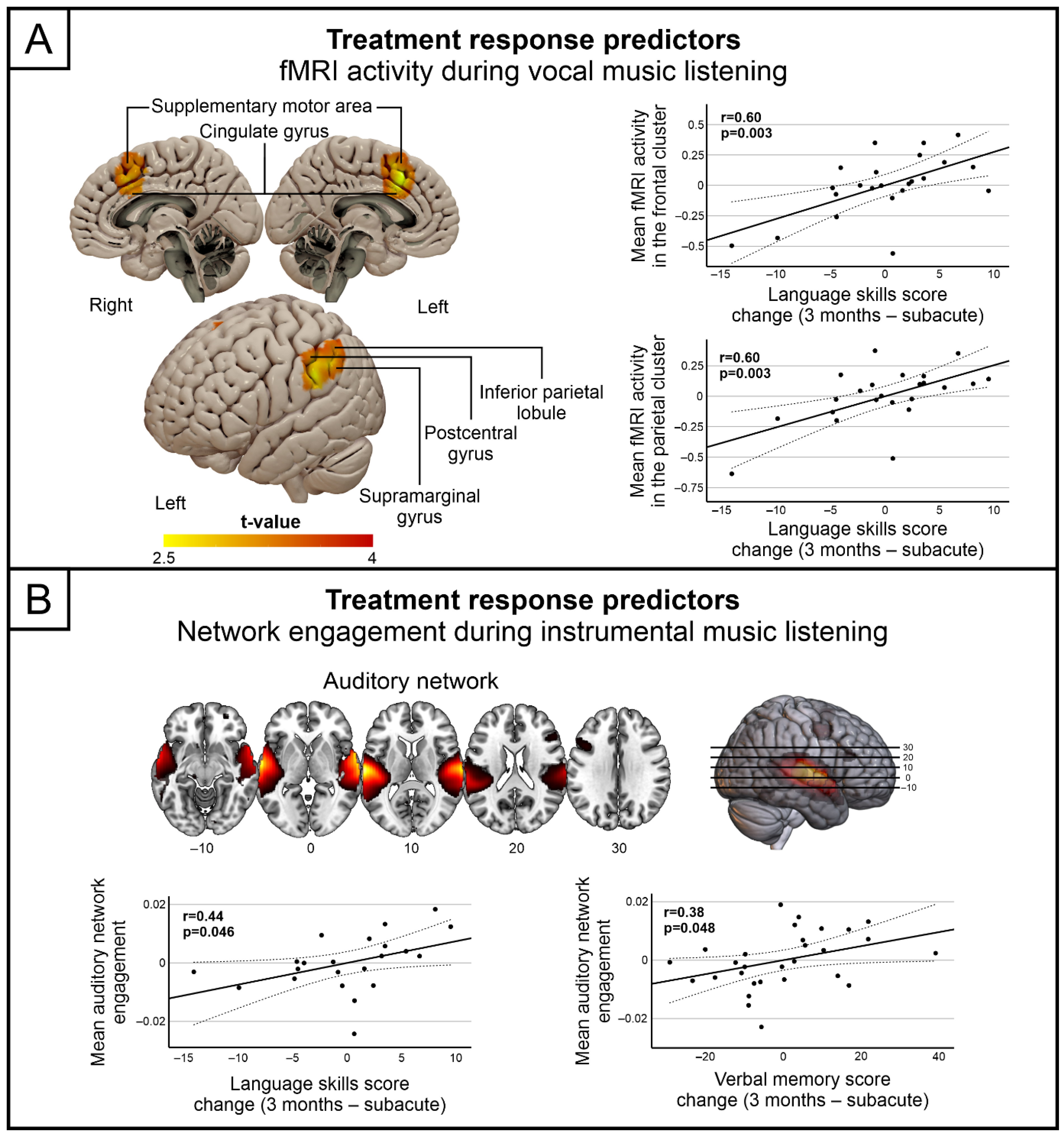

Thus, although folic acid supplementation has reduced the incidence of NTD, overall optimal nutrition is important before conception.ĭata from Shaw et al. suggest that the risk of NTD is furthest reduced by a high preconception intake of methionine, choline, and betaine in combination rather than intake of folate alone (Fig. New evidence suggests that folate may not be the primary B vitamin in the amelioration of NTD. Based on the growing body of evidence, policy makers established a requirement for folic acid in women of child-bearing age, and in the United States, folic acid was added to the food supply in 1998. Importantly, when classifying women by the quality of their diets, only those with inadequate diets gave birth to infants with NTD. Supplementation with a multivitamin containing folic acid starting 28 days before conception proved to lower the incidence of NTD relative to the unsupplemented control group, and similarly, recurrence was significantly diminished with preconception supplements. In 1964, it was proposed that folate might be involved, in part, due to the higher prevalence in low-income, potentially undernourished populations. The severity of effects ranges from anencephaly, which is usually fatal, to asymptomatic closed spinal lesions. The prevalence of neural tube defects (NTD) is 1–10 per 1,000 live births with a higher prevalence in nonviable pregnancies. In particular, work has been done to document the effects of folate in the prevention of issues during neurulation and iodine in the prevention of cretinism.

Research foci in preconception nutritional needs were suggested by developmental issues. Therefore, it is important for women of child-bearing age to have the proper nutrients on board in the event of unanticipated pregnancy. Proper nutrition supports the rapid cell division, development of supporting structures such as the placenta, implantation, and neural tube closure that occur in those first few weeks. In the first few weeks of gestation when most women do not know that they are pregnant, the zygote is growing at an incredible rate. Women of child-bearing age who are sexually active should be aware that nutrition is important beforeconception. The research surrounding these nutrients will be summarized here, as will a few underlying concepts, but the coverage will not be exhaustive.Įxamples of natural sources of select nutrients Importance of Maternal Nutrition before Conception See Table 1 for example sources of these nutrients. The goal of this review is to educate the reader on the effects of fetal and infant nutrition on the developing human brain.Ī review of the literature reveals 6 nutrients that have been studied with respect to maternal nutrition and subsequent offspring brain development: folate, iodine, iron, vitamin D, choline, and docosahexaenoic acid (DHA 22:6n-3). It should be noted that maternal nutrition is integral to other important aspects of human development, such as length of gestation, intrauterine growth restriction, and other birth outcomes that will not be covered here. In this review, the known important aspects of maternal and infant nutrition that contribute to brain development and function will be discussed. If the deficiency is severe and long lasting, the issues can be devastating and irreversible. That is, the organism is especially sensitive to a deficiency of a specific nutrient at a specific time. As detailed elsewhere, the sequelae of nutrient deficiencies depend on timing, dose, and duration: at what point in development did the deficiency occur how severe was it and how long did it last? Each nutrient has its own period when its lack can cause developmental issues this period is known as a sensitive period. During development, proper maternal and infant nutrition are needed to ensure that the neural substrates are lain down with integrity. In fact, glucose utilization is 60% of the total in the body. Nutrients work together in a synergistic manner for the benefit of the organism.Īrguably one of the most important organs in the body, the brain requires a high level of nutrition to function optimally. Genetics and epigenetics determine the individual needs for and metabolism of nutrients. Nutrition effects are governed by the timing, severity, and duration of a deficiency or a sufficiency. Maternal nutrition is integral to fetal and, if breastfeeding, infant brain development.


 0 kommentar(er)
0 kommentar(er)
